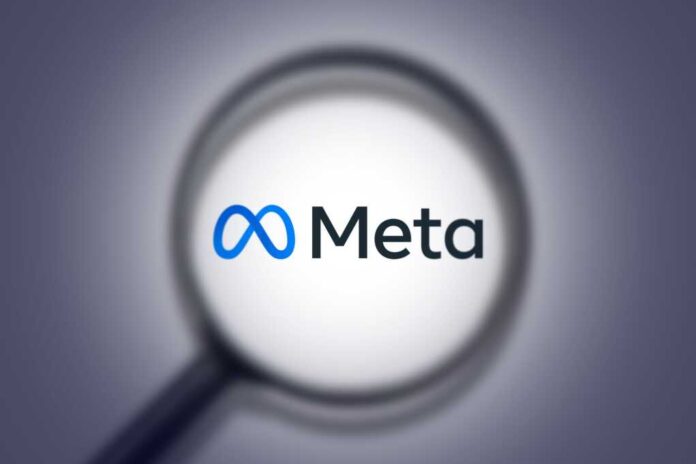
Meta faces a major credibility crisis after court testimony revealed up to 40% of Instagram engagement may be fake, raising alarms about user trust and platform manipulation.
At a Glance
- A Meta executive testified that up to 40% of Instagram engagement may be inauthentic
- The FTC has banned the use of fake followers and bots in commercial marketing
- Internal tensions revealed Meta deprioritized authenticity to focus on growth
- Co-founder Kevin Systrom criticized Meta for failing to support Instagram post-acquisition
- The FTC’s case could force Meta to divest Instagram and WhatsApp
Inside Meta’s Engagement Crisis
Bombshell revelations from a recent FTC trial allege that nearly half of Instagram’s engagement metrics may be fake. A Meta executive disclosed in court documents that bots, impersonation accounts, and hijacked users could constitute up to 40% of activity on the platform. These figures, flagged internally as early as 2023, reportedly failed to move Instagram’s leadership to act.
Instagram head Adam Mosseri downplayed the urgency. “I think what you’re saying at the end of the day is you think we should grow [well-being] more than we plan to,” he said, signaling reluctance to invest in authenticity safeguards.
This revelation has fueled criticism that Meta prioritizes user growth and engagement statistics—even if artificially inflated—over genuine interactions and trust.
FTC Slams Down New Rules
In response, the Federal Trade Commission has enacted a landmark rule prohibiting the purchase or use of fake followers for commercial purposes. The regulation targets influencers, agencies, and brands that rely on fraudulent numbers to project false authority or popularity, calling it a long-overdue step toward honest digital marketing.
Notably, the rule carves out allowances for personal or nonprofit use but makes clear that business manipulation of social proof will now face stiff penalties. Consumer protection advocates praised the decision as a win for transparency and accountability across digital platforms.
Monopoly Trial’s Bigger Implications
The revelations form part of the FTC’s broader antitrust campaign to break up Meta. The agency argues that Facebook’s acquisitions of Instagram and WhatsApp have stifled competition, with internal testimony suggesting that Instagram’s integration led to lost autonomy and reduced resourcing.
Instagram co-founder Kevin Systrom testified that post-acquisition, the platform was deprived of engineering support. “I was working very hard for the company to make this a success and not getting resources back,” he said.
Meta has dismissed the FTC’s position as outdated, claiming that platforms like TikTok and YouTube offer vibrant competition. Yet, the exposure of widespread fake engagement—and reluctance to curb it—has handed regulators fresh ammunition in their campaign to rein in Big Tech.
As the court weighs whether Meta must divest Instagram and WhatsApp, the spotlight is no longer just on competition, but also on credibility. The fallout may permanently reshape the future of social media.





























